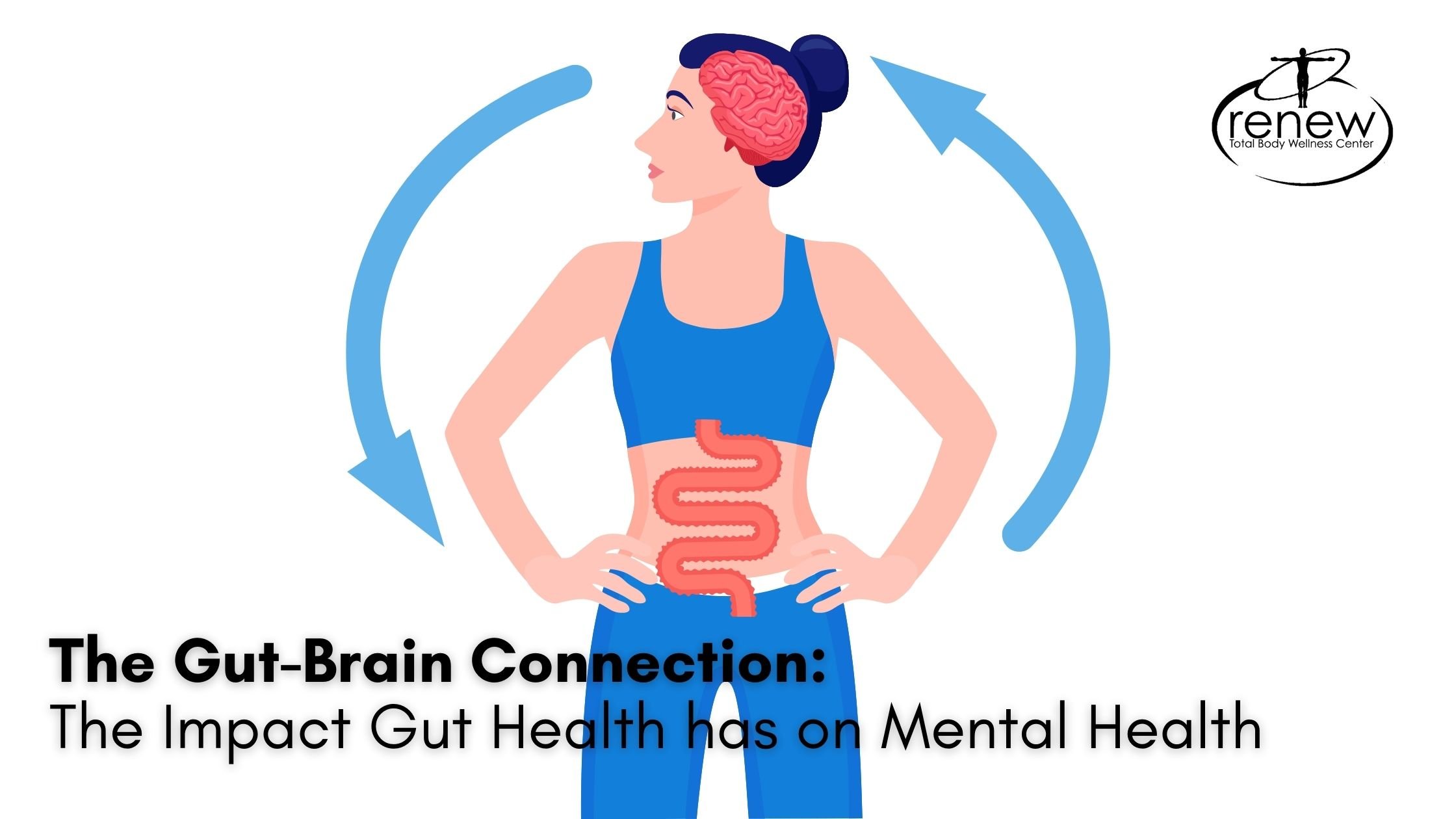Gastrointestinal (GI) dysfunction is the number one problem that I find in my patients daily.
Unlocking Wellness: The Power of Gut Health
Often overlooked but incredibly influential, gut health is essential for not just digestion but for a myriad of bodily functions, from immunity to mental health. In this blog, we'll delve into why gut health matters and explore practical steps you can take to nourish your gut.
Why Gut Health Matters
- Digestion and Nutrient Absorption: The gut is where the magic of digestion happens. It's home to a complex network of organs, enzymes, and microorganisms that work together to break down food into nutrients that our bodies can absorb and utilize. When our gut is healthy, this process runs smoothly, ensuring we get the essential vitamins, minerals, and energy we need to thrive.
- Immune Function: Did you know that a significant portion (approx. 80%!) of our immune system resides in the gut? The gut's lining acts as a barrier, preventing harmful substances from entering our bloodstream. A healthy gut microbiome, the community of bacteria living in our intestines, plays a crucial role in regulating immune function and defending against pathogens.
- Mental Health: The gut-brain axis is a bidirectional communication system between the gut and the brain. Emerging research suggests that imbalances in gut health may be linked to mood disorders such as anxiety and depression. Serotonin, a neurotransmitter responsible for regulating mood, is primarily produced in the gut. A healthy gut may thus contribute to better mental well-being.
- Inflammation and Chronic Disease: Chronic inflammation is at the root of many diseases, including heart disease, diabetes, and autoimmune conditions. An unhealthy gut can contribute to systemic inflammation, potentially increasing the risk of developing these conditions. Conversely, promoting gut health may help reduce inflammation and mitigate disease risk.
How to Improve Gut Health
- Remove: Remove refers to two things that potentially should be removed from our body. The first is foods you may be sensitive to. Two common foods, wheat and dairy, can be hard for many people to completely digest. This drives inflammation into the gut and your entire body. Our gut-based immunity becomes irritated by regular consumption of these foods. The second thing you want to remove from your body is ‘bugs’. Your gut is loaded with trillions of bacteria and has lots of microbial activity - making nutrients, breaking down nutrients, and making brain chemicals. Unfortunately, when things are out of balance, overgrowth, or opportunistic microorganisms multiply and can include bacteria, yeasts, viruses, and parasites.
- Replace: Get your digestion back on track. Incorporate lemon juice, apple cider vinegar, or digestive enzymes to support your gut's natural processes. Slow down, savor your meals, and give thank - it's all about mindful eating! When we are not mindful of our food when we eat it, we generally don’t produce enough salivary enzymes, stomach acid, digestive enzymes, and churning of our stomach to digest our food properly.
- Reinoculate: Time to rebuild your gut army! Probiotics are great, but fermented foods steal the show here. Embrace the power of sauerkraut, kimchi, and other ancient gut-healing wonders. Plus, don't forget those prebiotic-rich fruits and veggies!
- Repair: Heal and seal your gut lining! With all the gut stress you may have experienced, you could have leaky gut. This means the cells of the intestinal membrane become damaged due to inflammation and toxins. Where the cells are supposed to be glued together with tight junctions, the cells become separated, or leaky, and allow inflammatory endotoxins, food proteins, and other substances in closer contact with our immune system, and into our bloodstream contributing to body-wide inflammatory issues. The right foods can heal the gut lining. Prebiotics, probiotics, fermented foods, bone broth from grass-fed animals, l-glutamine, and aloe vera can help seal the gut lining. Supplement wisely with our gut-loving formulations for an extra boost!
- Manage stress: Chronic stress can disrupt gut function and contribute to digestive problems. Incorporate stress-reducing practices such as mindfulness, prayers, or deep breathing exercises to support gut health.
Conclusion
The significance of gut health cannot be overstated. Beyond its role in digestion, the gut influences numerous aspects of our well-being, including immunity, mental health, and inflammation levels. Understanding why gut health matters provides a foundation for implementing practical strategies to enhance it.
By prioritizing gut health, we empower ourselves to optimize digestion and nutrient absorption, fortify our immune defenses, and promote mental well-being. Through simple yet impactful steps like eliminating gut irritants, embracing digestive aids, incorporating probiotic-rich foods, and managing stress, we can nurture a healthy gut environment.
Ultimately, investing in gut health is an investment in overall wellness. By nurturing our gut, we lay the groundwork for a healthier, more vibrant life, free from the burdens of chronic disease and compromised well-being. So let's embark on this journey to nourish our guts and nurture our bodies, one mindful choice at a time.
You Might Also Enjoy...
Gluten intolerance, also known as non-celiac gluten sensitivity, affects many individuals, causing a variety of uncomfortable and sometimes debilitating symptoms. As a functional medicine...
Your gut does more than just digest food. It supports immune health, regulates hormones, and may prevent the onset of chronic disease. A healthy gut means a healthy you. Click here to find out what you can do to keep your gut healthy.
In today's fast-paced world, prioritizing wellness is more important than ever. Among the various tools available to enhance well-being, the infrared sauna stands out as a powerful ally. Let's...
Mental health disorders have steadily been rising. There are many factors that contribute to mental health disorders, but today we’re going to talk about one of the big ones: gut health.
The holiday season can easily turn into an excuse to overindulge - these tips can help you stay on track.





.png)



